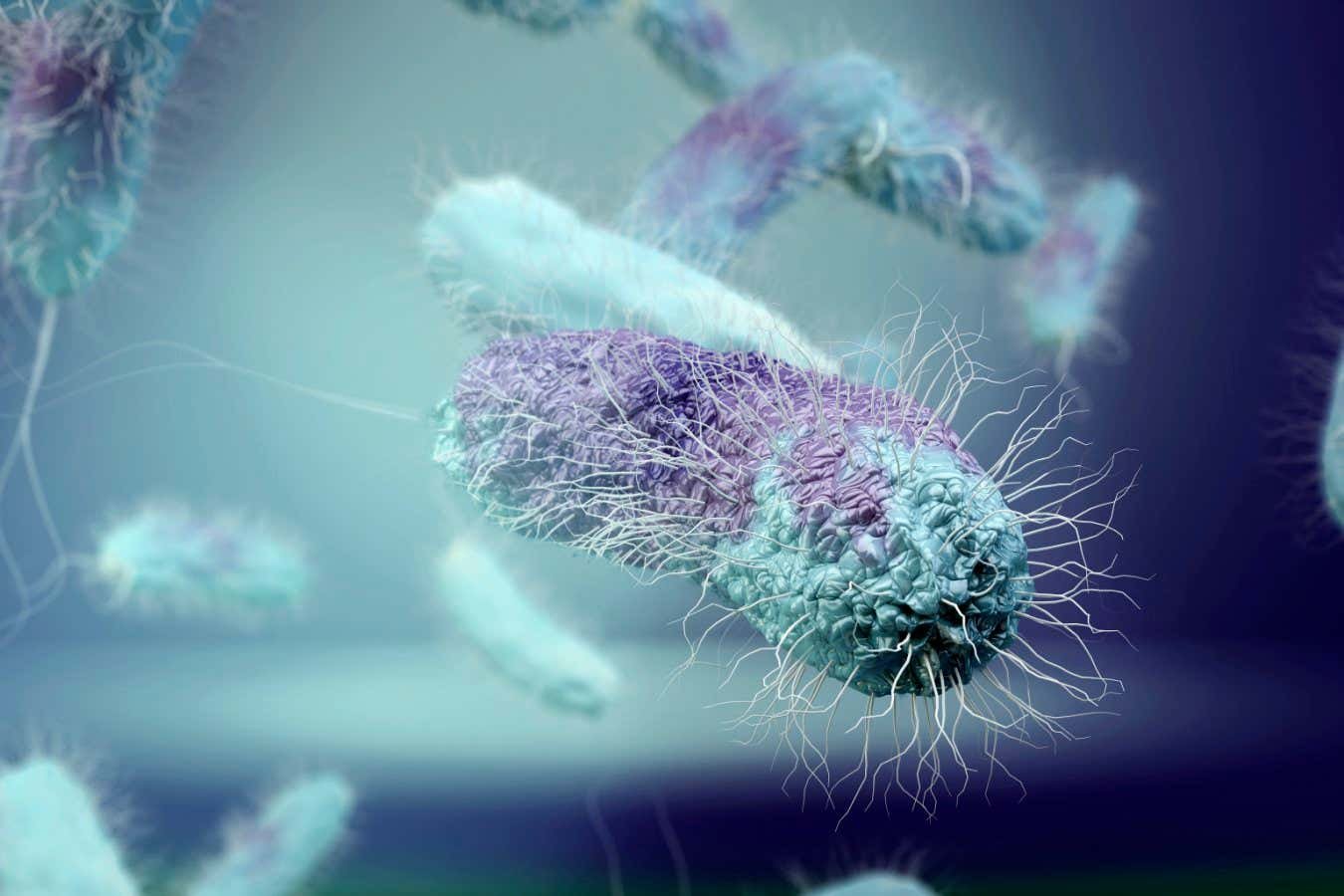
Shewanella oneidensis bacteria could remove antibiotic resistance genes from wastewater
Ella Maru Studio/Science Photo Library
Bacteria engineered to destroy DNA can remove more than 99 per cent of genes that confer antibiotic resistance from wastewater. Treating wastewater with this method could help slow the spread of antibiotic resistance.
Disease-causing bacteria can absorb resistance genes that damaged or dead bacteria have released into the environment. This makes wastewater one of the largest environmental reservoirs for antibiotic resistance genes, says James Tiedje at Michigan State University. Affected microbes can spread to people through water, food or livestock.

Felecia Phillips Ollie DD (h.c.) is the inspiring leader and founder of The Equality Network LLC (TEN). With a background in coaching, travel, and a career in news, Felecia brings a unique perspective to promoting diversity and inclusion. Holding a Bachelor’s Degree in English/Communications, she is passionate about creating a more inclusive future. From graduating from Mississippi Valley State University to leading initiatives like the Washington State Department of Ecology’s Equal Employment Opportunity Program, Felecia is dedicated to making a positive impact. Join her journey on our blog as she shares insights and leads the charge for equity through The Equality Network.




